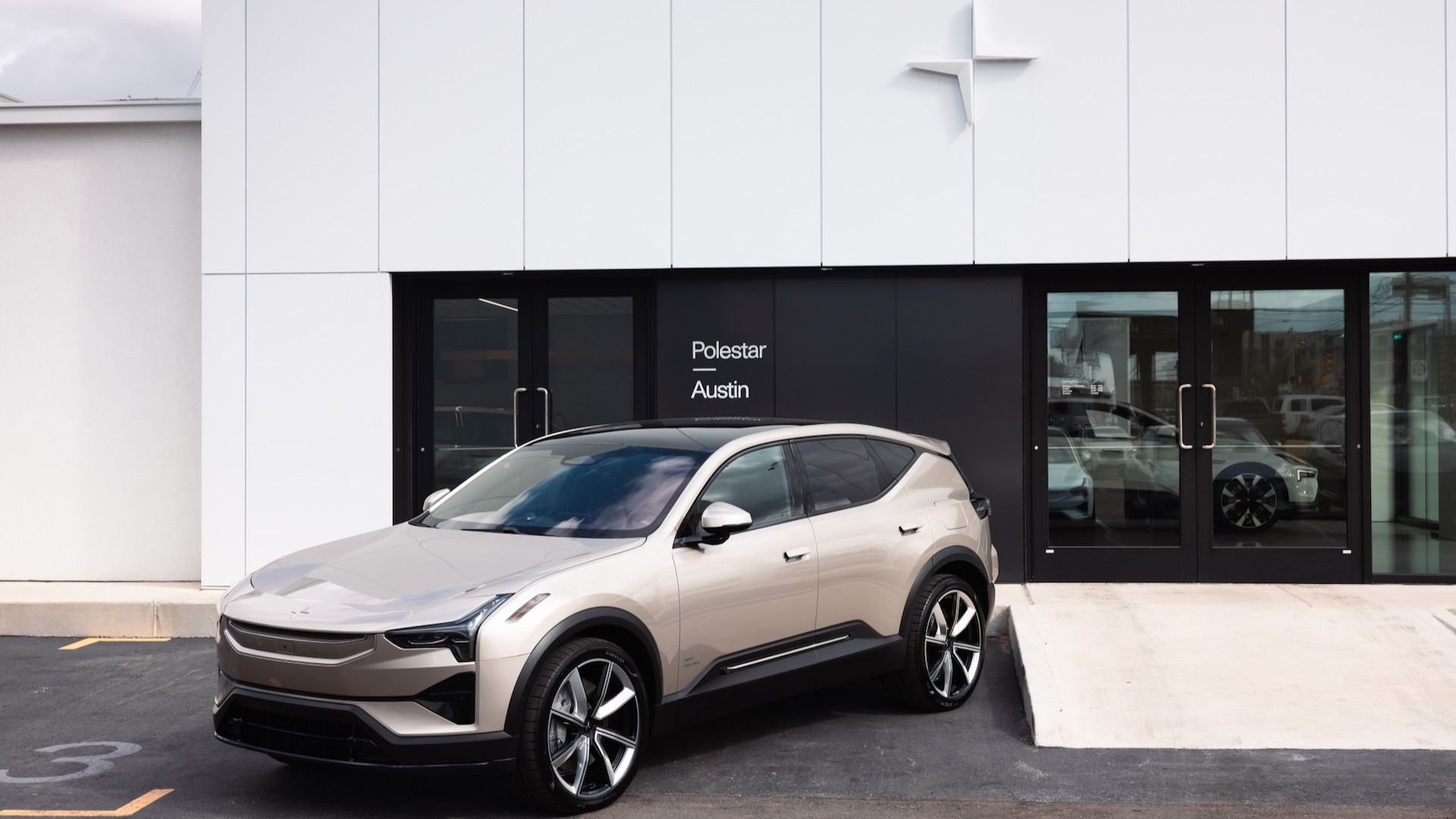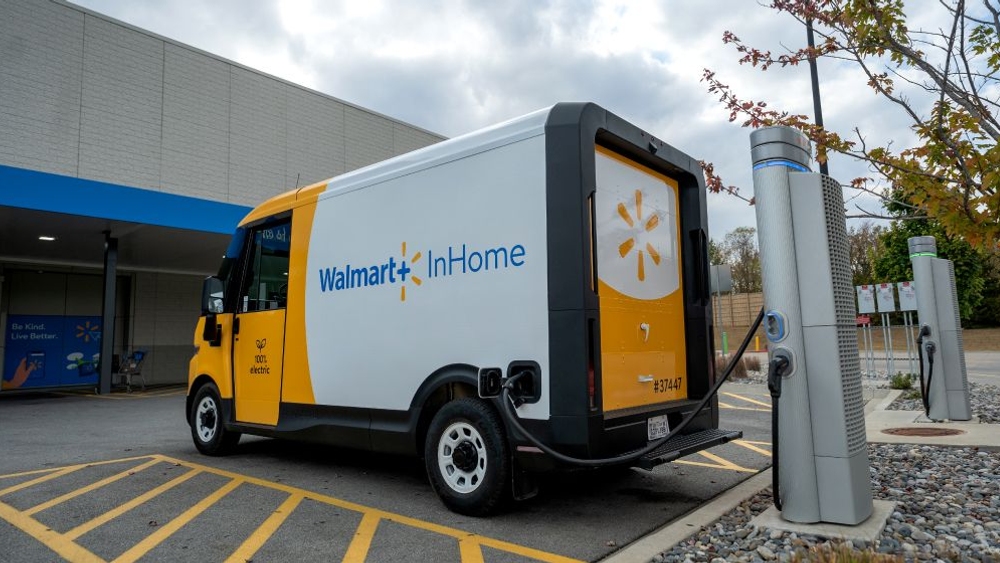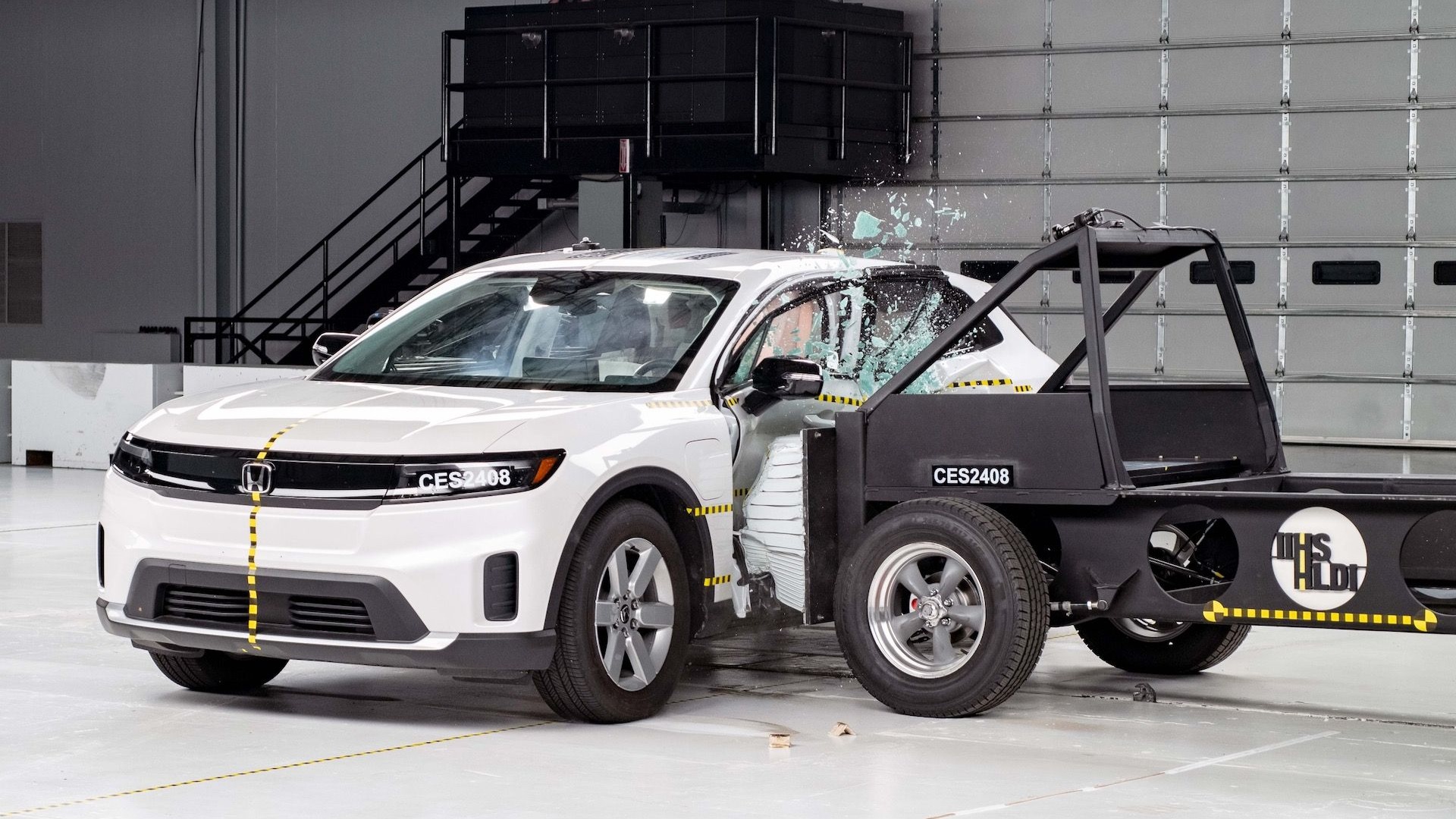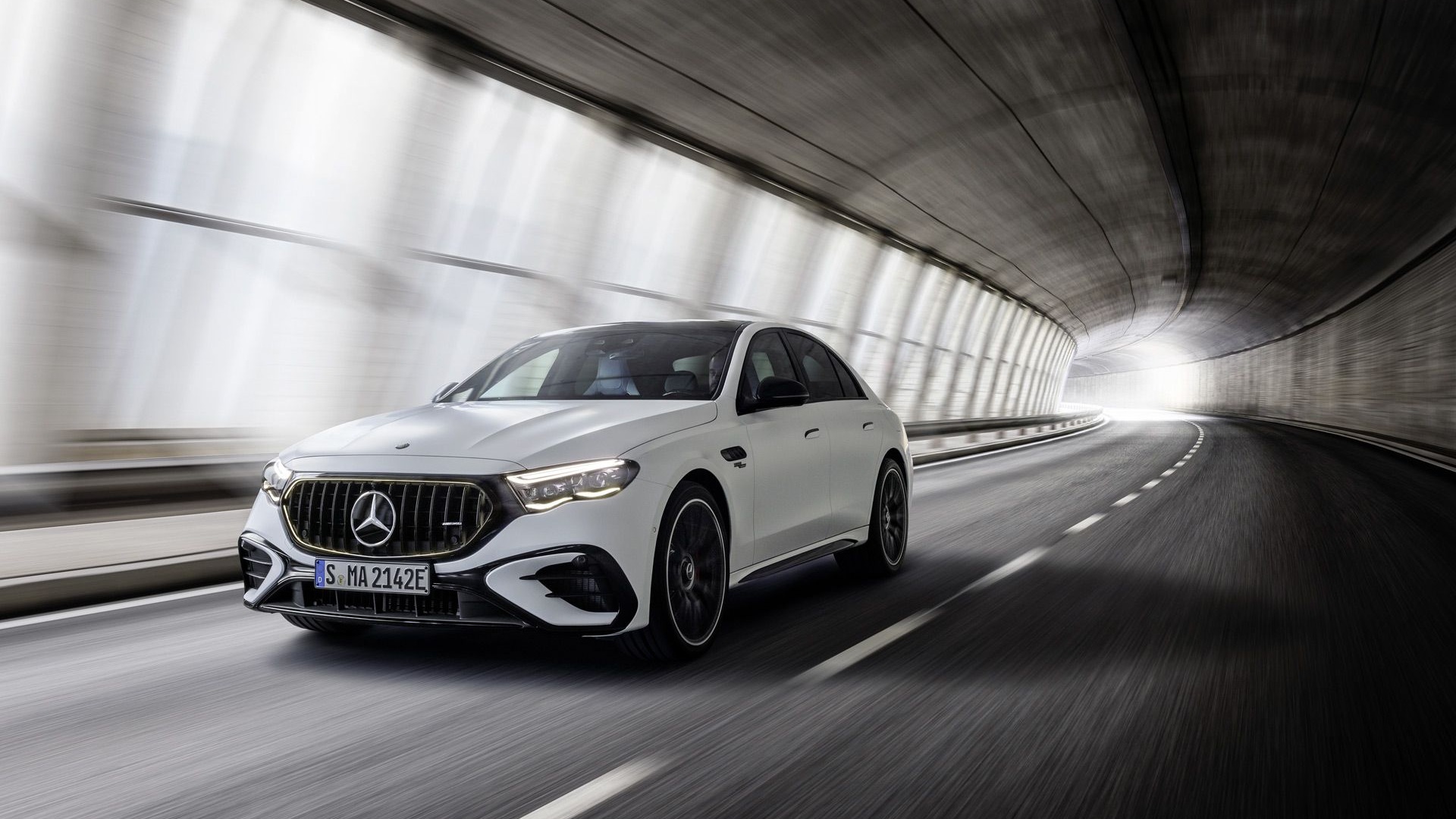Daimler, the parent of company of luxury carmaker Mercedes-Benz, recently completed a large-scale study of electric cars and consumer attitudes toward them in its home country of Germany.
Called eMERGE, the program ran from May 2013 to June 2015, using a fleet of 146 Smart Fortwo Electric Drive electric cars.
Over that time, the vehicles accumulated over 1 million kilometers (620,000 miles) in the hands of private and business customers.
DON'T MISS: Electric Cars: Drivers Love 'Em, Want 'Em--But Butts In Seats Is the Challenge (Nov 2013)
Among the project's more interesting findings was a correlation between ignorance and dislike of electric cars, Autoblog points out.
Researchers found that the less an interviewee knew about electric cars, "the more negative their opinion," according to a Daimler press release on the study.
Daimler also found that the majority of people interviewed for the study were unaware of potential cost savings related to switching from internal combustion to electric power.

2013 Smart Fortwo Electric Drive - Quick Drive, May 2013
It concluded that favorable views of electric cars came down "mainly to reasons of image," although personal environmental awareness was found to be "of minor importance."
The study also found that access to public charging infrastructure was a major factor in the decision to purchase an electric car.
ALSO SEE: Germany Mulls Boosting Electric-Car Incentives Under Carbon-Goal Pressure
This would be particularly true in European cities, where a higher proportion of residents live in multiple dwellings, rather than single-family homes that may make off-street charging easier.
Based on those responses--as well as the habits of electric-car driving participants--researchers concluded that substantial public charging infrastructure will be needed to support greater electric-car adoption, even if drivers habitually charge their cars at night.

2014 Mercedes-Benz B-Class Electric Drive
The eMERGE project also tested Daimler's Plug&Charge smart-charging systems, which allows users to schedule charging when electricity is available from renewable sources.
With the conclusion of eMERGE, Daimler is already planning a follow-up program called eMERGE2.
MORE: New Drivers Start To Take Lessons In Electric Cars In Germany
This will use a fleet of all-electric and plug-in hybrid Mercedes-Benz B-Class hatchbacks, with a goal of assessing any differences in the ways the two types of plug-in car are used.
The fleet of 200 cars will again be deployed in Germany, in the regions surrounding Berlin, Stuttgart, Rhine-Ruhr, and Rhine-Main.
Daimler plans to use data gleaned from these two studies to aid further electric powertrain development, it says.
_______________________________________________












